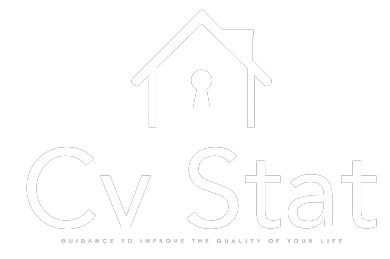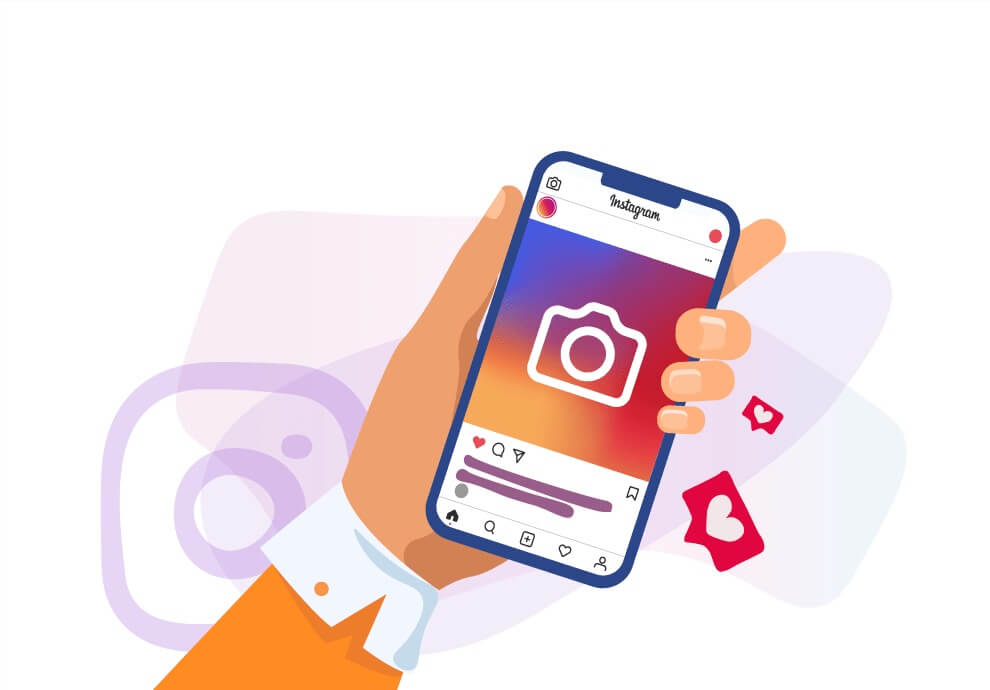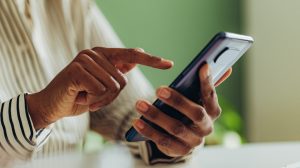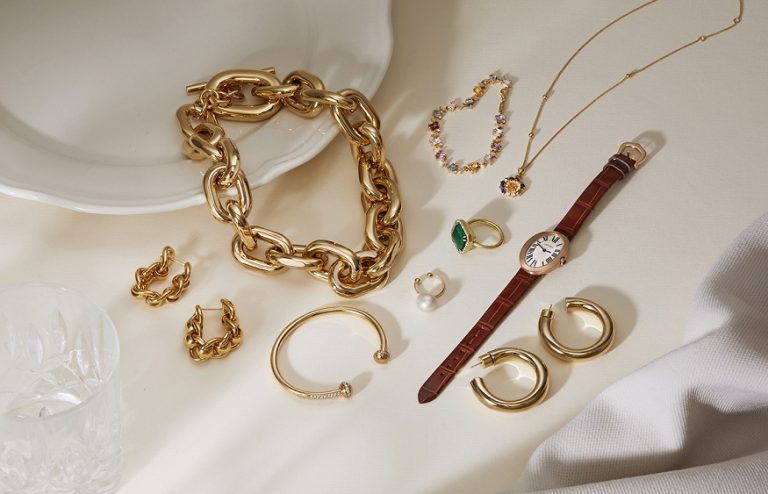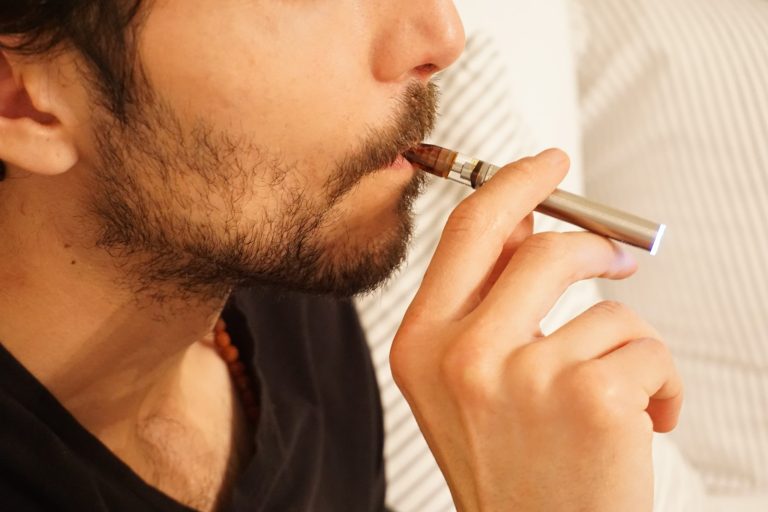It’s a platform where people share photos and videos of their lives, businesses promote their products, and influencers make a living by partnering with brands. One of the most sought-after metrics on Instagram is the number of likes a post receives. Likes are seen as a measure of popularity and social validation. However, there is a growing concern about the link between buying Instagram likes and imposter syndrome. Imposter syndrome is a psychological pattern in which an individual doubts their accomplishments and has a persistent fear of being exposed as a fraud. It’s a common phenomenon experienced by high-achieving individuals, such as entrepreneurs, athletes, and celebrities. Imposter syndrome is fuelled by the need for external validation and the fear of failure. In the context of Instagram, buying likes can exacerbate imposter syndrome by creating a false sense of popularity and success.
Buying Instagram likes is a common practice among Instagram users, especially those who want to increase their social media presence quickly. There are many websites and services that offer to sell Instagram likes for a fee. The process is simple: users provide their Instagram handle and select the number of likes they want to purchase. The likes are then delivered to their posts within a few hours or days. While buying Instagram likes may seem like a harmless tactic to boost engagement, it can have negative consequences on one’s mental health. Buying likes can create a false sense of validation and success, leading users to believe they are more popular and influential than they actually are. This can fuel imposter syndrome by increasing the pressure to maintain a certain level of popularity and engagement.
Moreover, buy targeted Instagram likes to boost engagement can also damage one’s reputation and credibility on Instagram. Instagram’s algorithm is designed to detect and penalize accounts that engage in fake or fraudulent activity, including buying likes. Accounts that buy likes are at risk of being flagged and shadow banned, which means their posts are not shown to a wider audience. This can harm their organic reach and engagement, making it harder to build an authentic following. Buying likes can also harm the overall Instagram community by promoting inauthentic behavior and a culture of comparison. Instagram is a platform where people share their lives and connect with others. By buying likes, users are promoting a culture of fakeness and reducing the authenticity of the platform. This can lead to a toxic environment where people compare themselves to others and feel pressured to conform to certain standards of beauty, success, and popularity.
